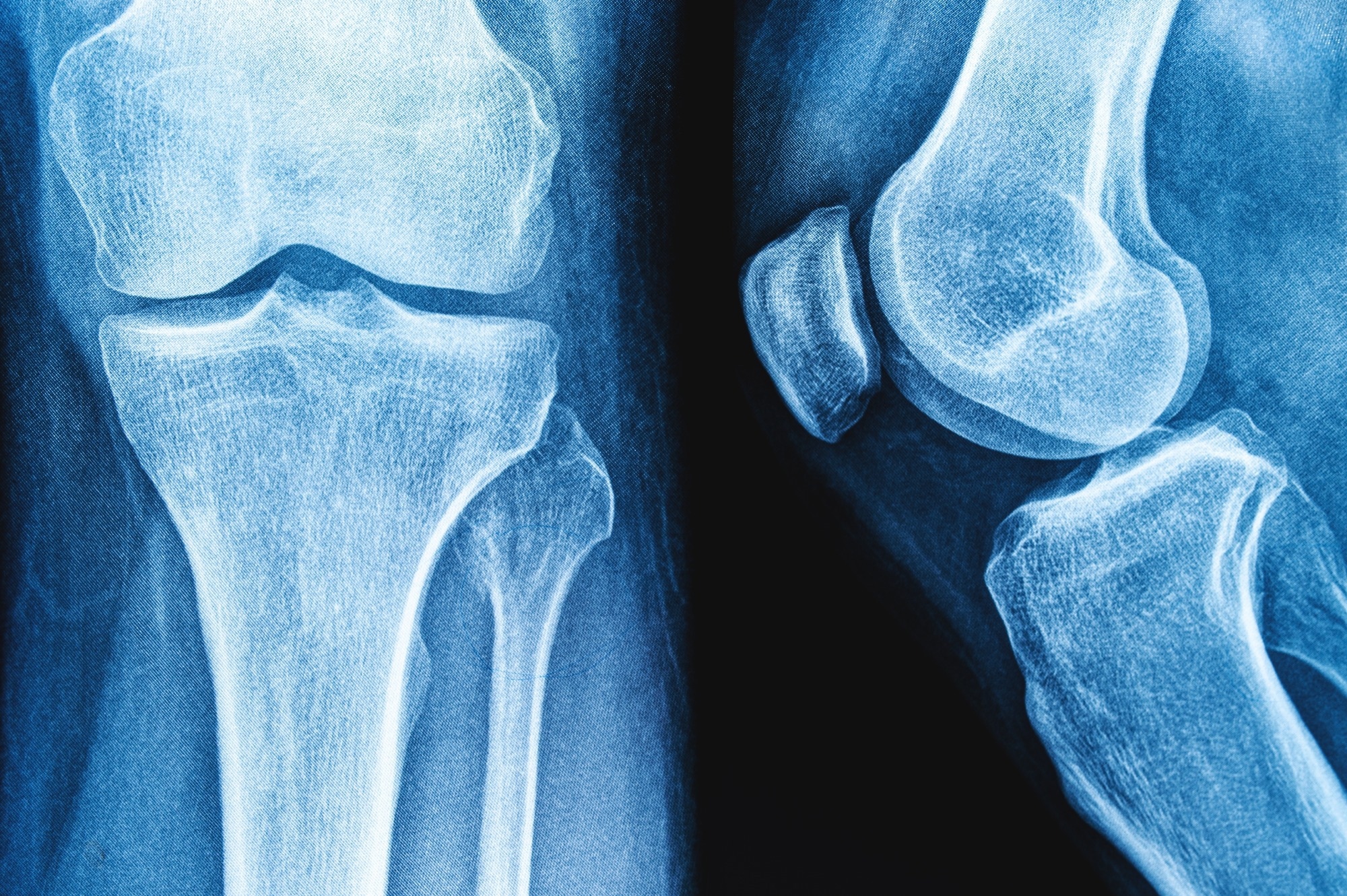PCOS is described as a hormonal disorder that affects people with ovaries, usually during their reproductive years. It occurs when the body produces higher-than-normal levels of androgens (male hormones), which can interfere with ovulation and cause a range of symptoms. The cause of PCOS is still unknown.
Symptoms include irregular or absent periods, weight gain or difficulty losing weight, acne or oily skin, excess hair growth on the face or body (hirsutism), thinning hair or hair loss on the scalp, fertility challenges, and ovaries that appear enlarged or have multiple small cysts.
Believe it or not, PCOS is actually pretty common, impacting as many as 1 in 10 women. If it isn’t managed, it can raise the risk of things like infertility, type 2 diabetes, heart issues, and even some cancers. The good news? With the right treatment and lifestyle habits, most people with PCOS are still able to live healthy, full lives.
Source link

